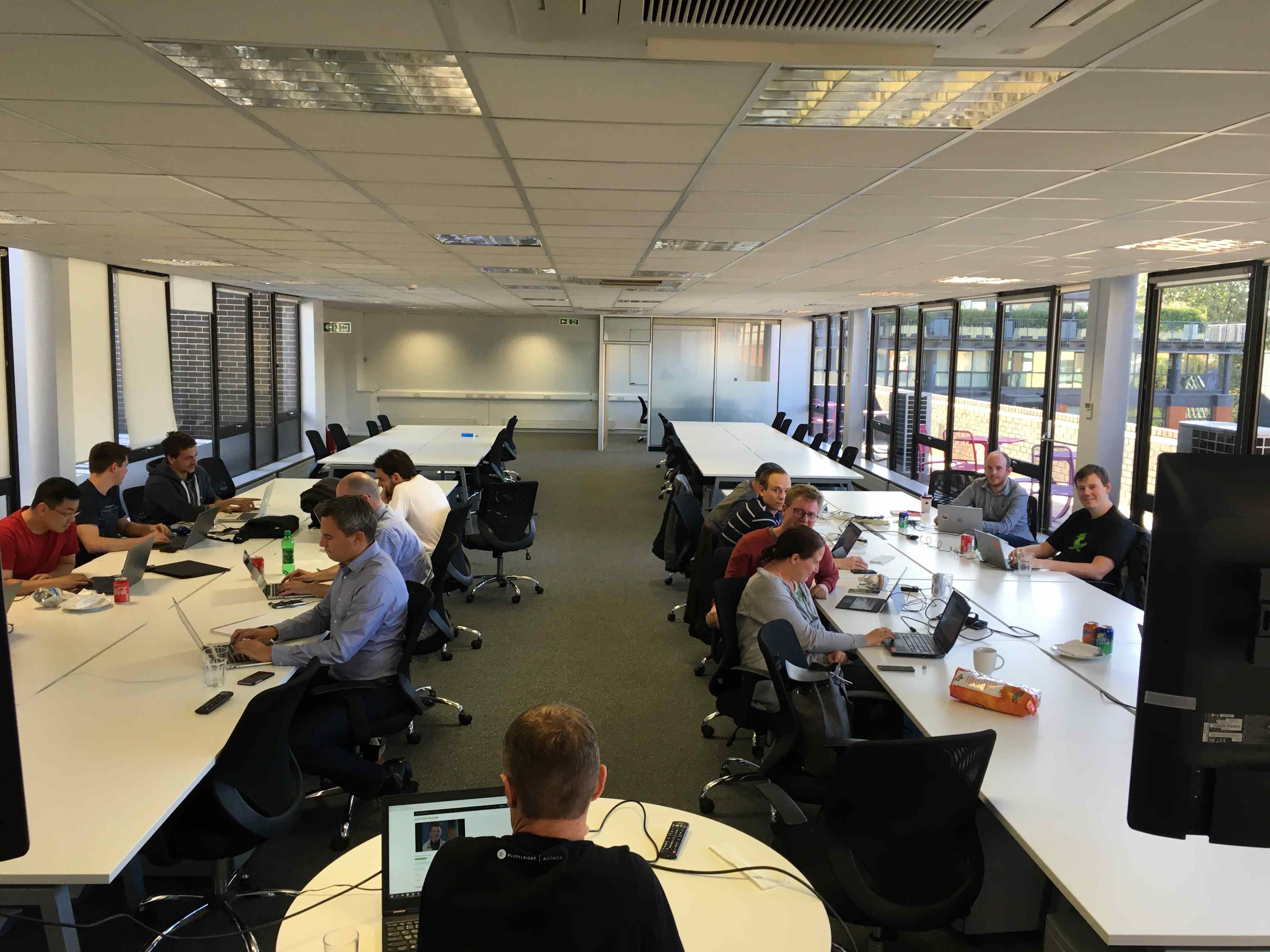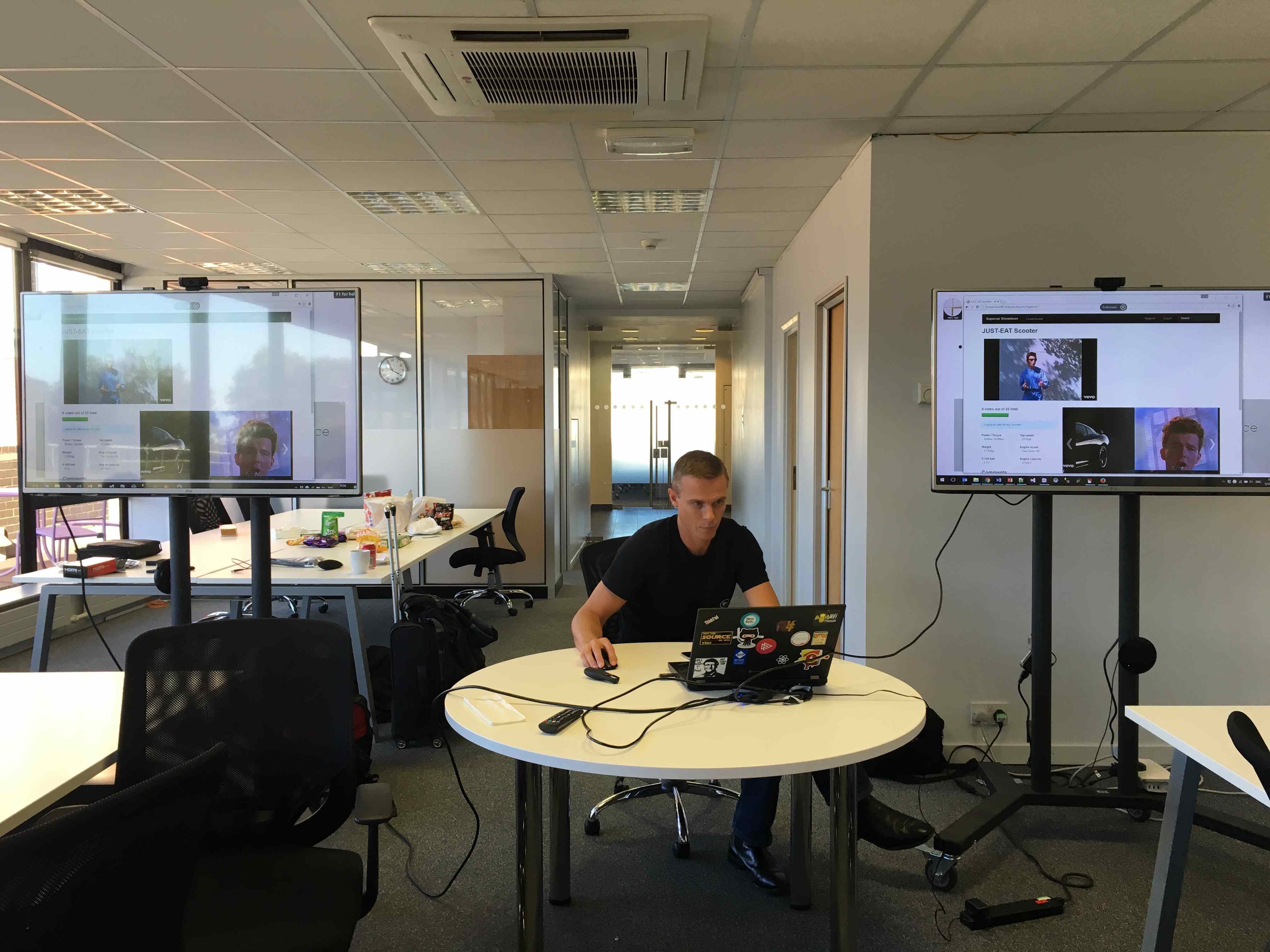2016 was a year full of internet security issues from the Yahoo breach, to TalkTalk hack to US Election rigging and the massive Tesco Bank breach to an Internet crippling DDoS attack. Today, internet security is now no longer just the domain of techies and security experts, but the responsibility of all of us.

I remember my first computer. It was a ZX Spectrum, running with 48K of RAM on a Z80 processor running at 3.5 MHz. It was on this rubber-keyed machine that I learnt about for loops, if clauses and how much fun it was getting a computer to do your bidding, even if it was only to print “HELLO” all the way down the screen.

Today, many years later, I spend most days getting Just Eat’s computers to do what I want them to do. And it’s still as satisfying as it always was.
A few weeks ago, Troy Hunt came and visited Just Eat for the second year running, to lead a fresh group of our engineers through his two-day ‘Hack Yourself First’ security workshop. And I learned something new and interesting – how to get other people’s computers to do what I wanted them to…
(For those of you who don’t know, Troy is one of the world’s best known web security experts.)

Twenty Just Eat engineers participated in the workshop, which consisted of a mixture of an overview of some of the most common security flaws out there in the wild, taking us gently (and sometimes not-so-gently) through (among other things) SQL injection attacks, badly configured applications and poorly thought-out password policies. Not only did he show us what the implications were when these things happened, but showed us how to get our hands dirty and hack a demonstration website that he had made specifically to be hacked.
Now my interest was piqued. Of course, as a seasoned developer, I’d heard about most of the security flaws that Troy was talking about, but actually being able to hack a site and see what information gets compromised: getting someone else’s computer to do what I wanted it to do was even more satisfying than getting my own one to behave: having my trusty laptop break a website (albeit one written purposely to have these security holes), spam its reviews, and enumerate through all the registered users’ details in less than ten minutes was an eye-opener.

Troy’s workshop helped all of us to understand, through our own practical application & experience, that security is something we must all take responsibility for, and how to do this in a practical way.
Troy continues to be instrumental in highlighting security issues, and showing how to prevent or combat them (through his blog, his database of data leaks and his online courses). Our thanks to Troy for spending a couple of days giving us a fairly broad yet deep dive into some of these issues.
I for one was inspired to look deeper into this fascinating part of our industry, and the feedback suggests it wasn’t just me!